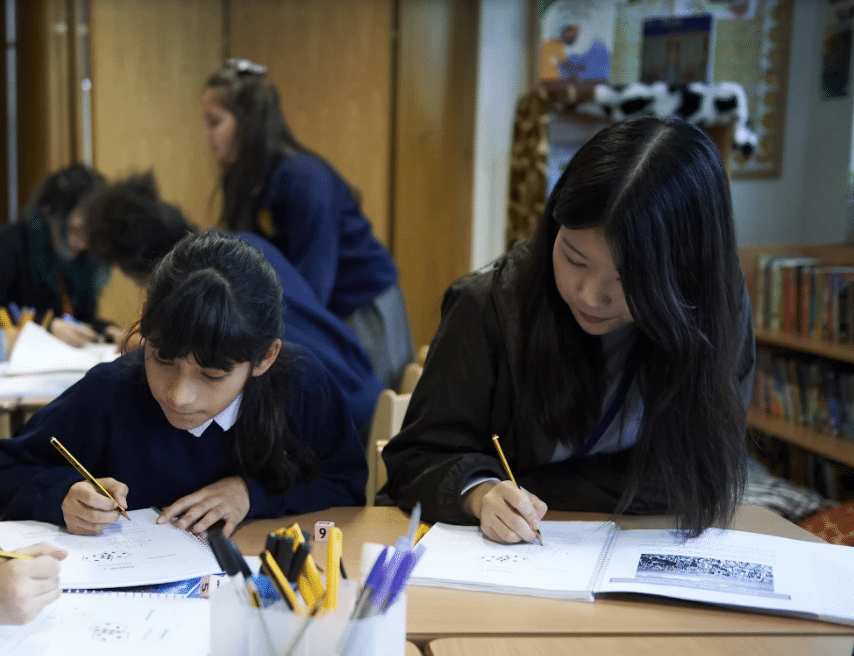National Writing Day – Celebrating the power of creative writing
What is National Writing Day?
23rd June marks the annual celebration of creative writing for young people, provided by a coalition of literacy organisations and publishers, led by First Story.
First Story is a charity that aims to provide high quality creative writing opportunities for disadvantaged young people.
National Writing Day gives everyone the chance to recognise the significance of creative writing and the impact it has on pupils’ learning progress. It is a simple yet powerful tool with the ability to educate, inform and inspire others.
Why is it important?
Creative writing is not only a way to help children and young people be more creative and imaginative; it is a great tool that allows them to feel more confident in expressing themselves and discussing issues they are passionate about.
As our Communications and Policy Manager, Charlie White, said: ‘’words are not only fascinating but empowering, helping you to access meaning and express yourself, and I think that is a worthy goal to have for our pupils beyond their exams: to better understand and interpret what they see, and to make their feelings and ideas more clearly understood’’. You can read more about jumping word hurdles with pupils here.
All our volunteer tutors in English are encouraged to promote writing and self-expression. Our workbooks and resources are designed to make pupils feel comfortable writing and sharing their thoughts and ideas.
Would you like to get involved as a volunteer tutor? Here’s all the information you need to get started.
Writing improves self-expression and thinking skills
Writing encourages children to believe in their own abilities and become more confident. It allows them to explore different worlds and ideas without fear of judgement, which can be challenging when it comes to schoolwork. In putting pen to paper, pupils canlearn how to express themselves freely through words and the creative process.
The sooner pupils learn how to effectively express themselves, the more confident and engaged they become in classroom discussions and activities.
It improves language learning
Creative writing is an opportunity for pupils to learn various language patterns in an interesting and exciting way, since they practice focusing on the language and finding new words to better express their thoughts.
It’s important to keep in mind that the 2021-22 school census showed that 19.5% of pupils were recorded as having a first language known or believed to be other than English. ((https://explore-education-statistics.service.gov.uk/find-statistics/school-pupils-and-their-characteristics)) Creative writing could help EAL pupils that may need additional support with the different aspects of their writing, particularly with their composition and grammar. Not all languages have the same form or follow the same structure so some children may need support to become familiar with the way the English language is written.
It develops cognitive skills
At the same time, writing enables young people to work on their cognitive strategies. It can increase their thinking skills and allow them to try out new ways to formulate what they are thinking.
No matter the genre or style, writing is a great tool that allows people to connect, share ideas and experiences, as well as have their voices heard.
Whether you choose to write stories for yourself or share with others, today is an opportunity to get creative and take part in celebrating the power and pleasure of writing!
Read more: The importance of encouraging pupils to read




